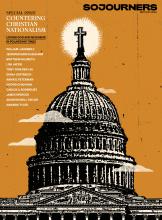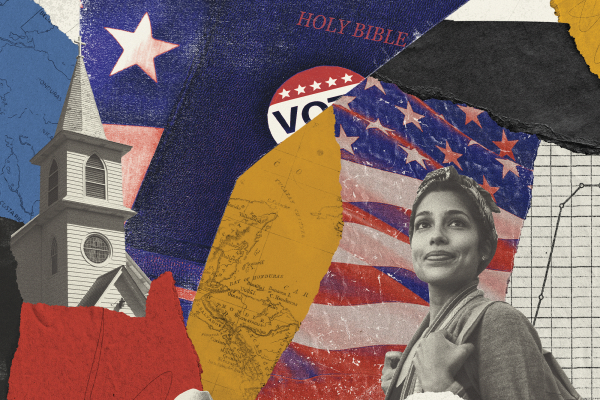ALL THE SUNDAY School classes were gathered at a plaza in Buenos Aires. After months of preparation, we were there for the churchwide tournament. Participation was mandatory; the competition was public. Glory or shame for all to see. Our task was to recite by memory an arbitrary list created by the teachers — the Lord’s Prayer, Psalm 23, names of all twelve apostles, the books of the New Testament and, for extra credit, the Old Testament ... in order. A church elder stood ready to score children in each category.
My arrogant 9-year-old self stepped up first. Everyone knew I was going to be a pastor. My parents had helped me. My sister and I had practiced. I had to know this stuff. The elder at the “Lord’s Prayer station” nodded for me to begin.
“Padre nuestro que estas ... .” He began to shake his head. “En los cielos, santificado sea tu nombre ... .” He made a noise with his tongue; his face looked like he had sucked a lemon. “No” he commanded, waving his hands. “In Taiwanese!”
Tears burned down my cheeks. I should have known. It wasn’t so much our faith on trial that day, but the degree of our “Taiwanese-ness.” My Taiwanese Presbyterian Church was raising not just Christians, but Taiwanese nationalists. The language of the church had to be their version of “pure” Taiwanese. I knew it could never be Mandarin Chinese but Spanish was unacceptable too. As my moment of glory turned to shame, I ran into the park to cry alone.
Read the Full Article

